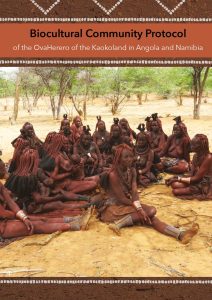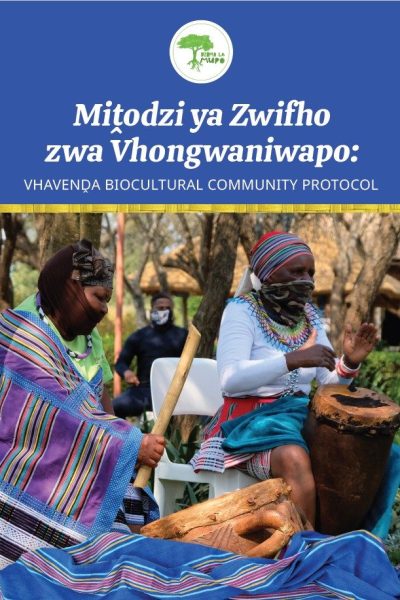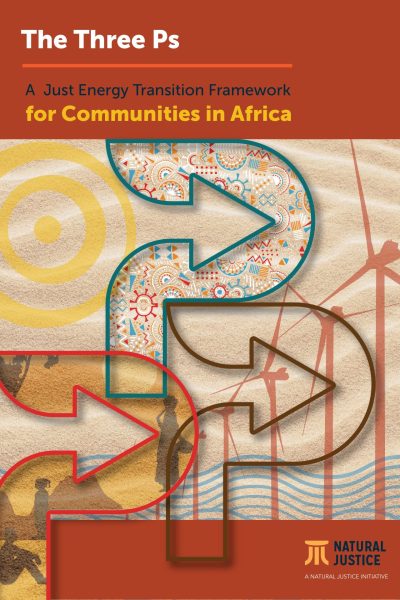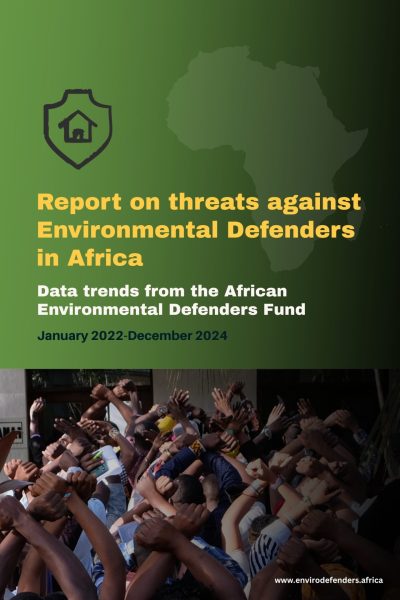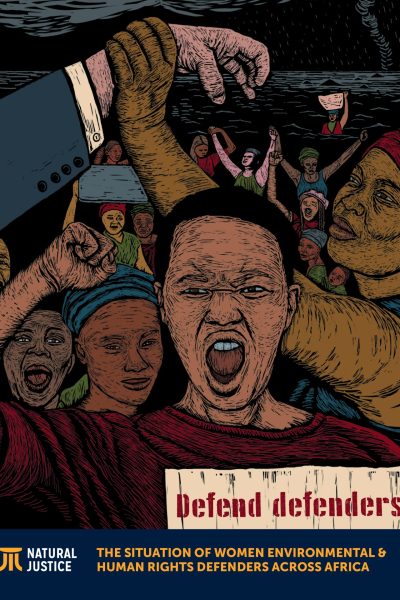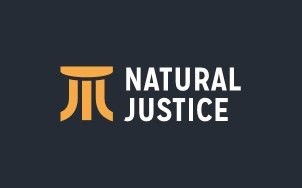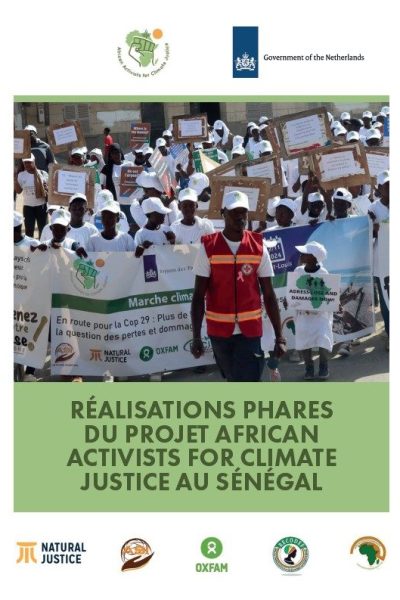The development of the Biocultural Community Protocol (BCP) of the OvaHerero of Kaokoland in Namibia and Angola started in 2020, embracing a participatory and culturally sensitive approach that is community-centered which included many community consultations. The process has been supported by OvaHerero researchers, International Rivers and Natural Justice.
The OvaHerero of the Kaokoland in Namibia and Angola, referred to by outsiders as the OvaHimba, are semi-nomadic pastoralists residing in Namibia and Angola, in the vicinity of the Kunene River. The Kunene River valley is the ancestral home of the OvaHerero who have lived there for more than 500 years.
This BCP provides clear terms for regulating access to their traditional knowledge and natural resources, whilst giving insight into important social and cultural values of the OvaHerero. It provides insights into how they have retained their way of life as successful semi-nomadic pastoralists, whose economic independence and intangible cultural heritage are directly linked to their territories.
As a community so deeply connected to the environment, the OvaHerero are additionally susceptible to the negative impacts of climate change. Furthermore, the OvaHerero’s cultural practices and the OtjiHerero language face challenges due to the gradual transition towards modern ways of living. The potential loss of the language equates to a loss of cultural narratives, oral traditions, and indigenous knowledge.
Once launched, the BCP will be used to affirm and protect the rights of the OvaHerero of the Kaokoland in Namibia and Angola.

